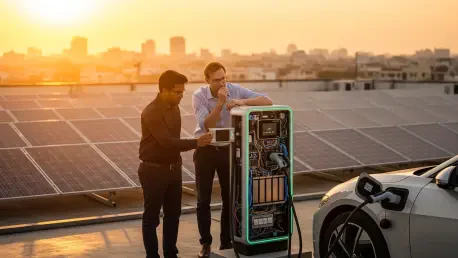
As India charts an ambitious course toward a net-zero future, its strategic alliance with Germany has emerged as a critical engine for sustainable transformation, backed by substantial financial and technological investment. This collaboration moves beyond conventional development aid, representing
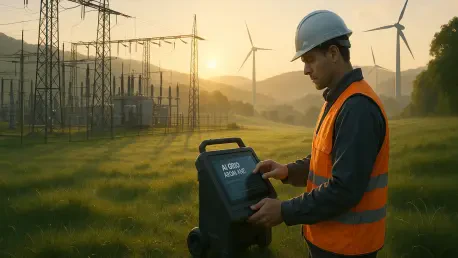
Imagine a world where power outages are predicted and resolved before they spiral into widespread chaos, where utility grids hum with efficiency despite soaring energy demands, and where aging infrastructure no longer spells disaster for businesses losing billions annually. This isn’t a distant
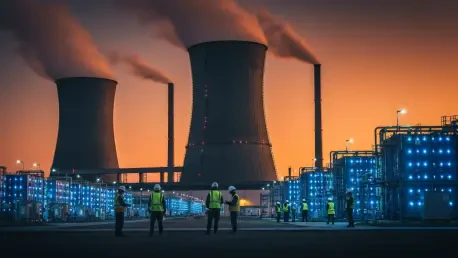
Imagine a utility company that’s not just powering homes but fueling the very backbone of the artificial intelligence (AI) revolution, with its stock soaring over 300% in just three years. That’s the story of Constellation Energy Corporation (CEG), a clean-energy titan that has redefined what it

In the biting cold of a Ukrainian winter, the sound of drones pierces the night, not as a distant echo of war, but as a direct assault on the very systems that keep millions warm and alive. Across the frozen landscape, power plants flicker out, railway lines grind to a halt, and entire communities
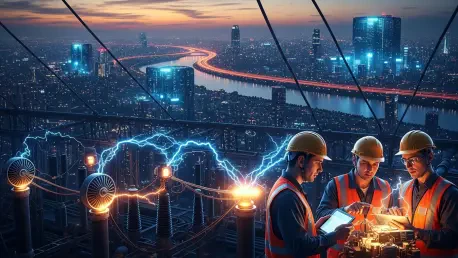
Imagine a future where the hum of technology is louder than ever, data centers are multiplying to fuel artificial intelligence, and industries are consuming power at unprecedented levels, pushing the nation’s electricity demand to skyrocket by 78% by 2050. This staggering projection, based on
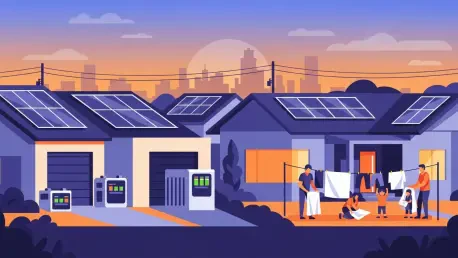
Imagine a sweltering summer day in Australia, where temperatures soar past 100 degrees Fahrenheit, air conditioners hum relentlessly across cities, and the energy grid teeters on the edge of collapse under the weight of unprecedented demand. This isn’t a rare scenario but a recurring challenge for